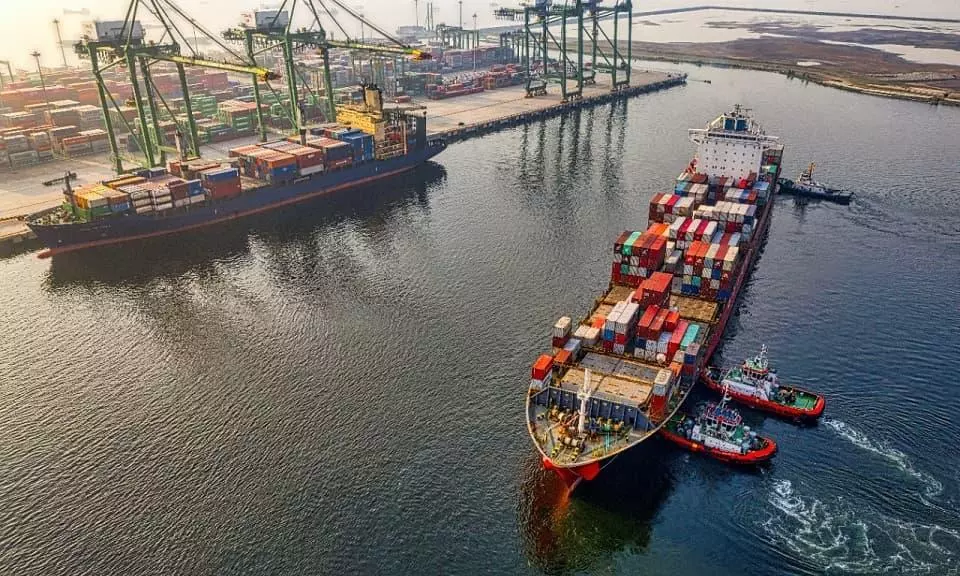Carriers step up blank sailings ahead of Golden Week
Blanked capacity on Asia-North Europe is now at 19.9%, which is higher than the 2017-2019 period.

As many as 29 additional blank sailings have been scheduled on the Transpacific, and 18 more on Asia-Europe, according to the latest update from Sea-Intelligence.
Alan Murphy, CEO, Sea-Intelligence says: "With the upcoming Golden Week holiday in Asia in early October 2023, as factories close and container demand to and from Asia declines, shipping lines respond by blanking sailings to match supply with the lower demand. However, when we initially looked at the 2023 Golden Week blanked capacity – two weeks ago – the carriers had not scheduled blank sailings even close to what was required to match the blanked percentages of pre-pandemic years."
Scheduled capacity reductions on Asia-North America West Coast have gone up from 3.7 percent to 14.1 percent, from 2.2 percent to 16.1 percent on Asia-North America East Coast, from 6.8 percent to 19.9 percent on Asia-North Europe, and from 7.7 percent to 21 percent on Asia-Mediterranean. This means that carriers are now on track to blank capacity in line with both 2019 and the 2017-2019 average, the update added.
Figure 1 shows the development on Asia-North Europe where the red line shows the scheduled capacity for the 2023 Golden Week (+3 weeks) period as it stood two weeks ago in week 43 compared to the same period in 2017-2019 as the pandemic years of 2020-2022 are too volatile to be used as a reasonable benchmark.
"Two weeks ago, we effectively saw no Golden Week capacity reductions, as the scheduled capacity was far above what we had seen in the pre-pandemic period. The red dashed line shows what has happened over the past two weeks: A massive reduction in scheduled capacity due to a large number of last minute blank sailings. The percentage of blanked capacity in Asia-North Europe, across the four-week period, is now at 19.9 percent, which is higher than the 2017-2019 period."



